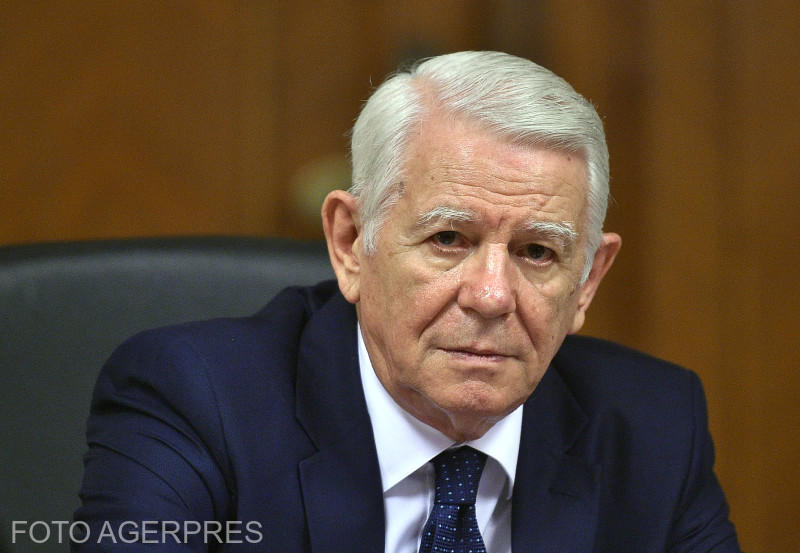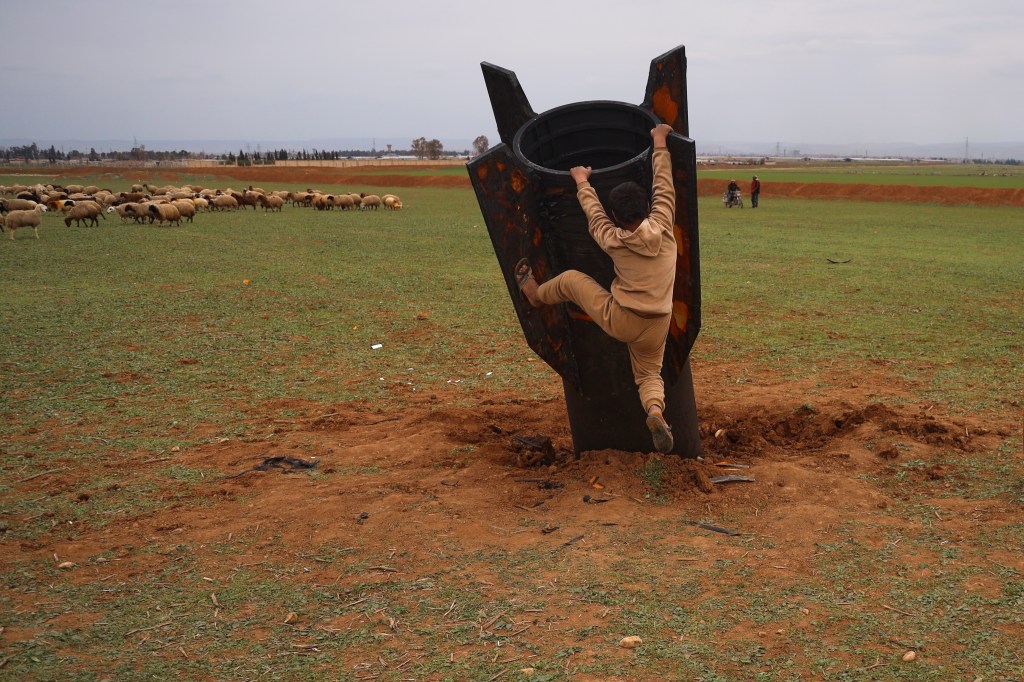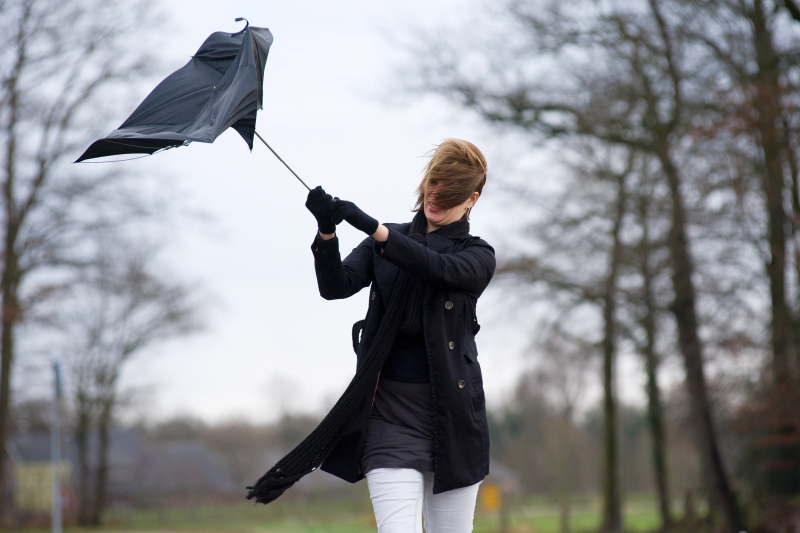Romania’s Foreign Ministry reacted with „regrets” on Sunday to a statement published this weekend by the Russian Embassy to Bucharest, in which it claimed there was a campaign to smear the Red Army by labeling Russian soldiers during WWII as „bandits and rapists” while they liberated ECC countries from fascism. The Embassy statement was received as a provocation by Romanian commenters who point out the memories shared by the elderly, of the deeds Russians committed in their wake to their coming to Romania during and after the war.
The Foreign Ministry, which is run by minister Teodor Melescanu, said it regretted the Russian Embassy was continuing „the historical episodes” series of comments. It said the history of relations between the two countries should no be replaced by speculations and unsustainable opinions which can be harmful to the bilateral relations. And it pointed out there was a joint Russian-Romanian commission of historians whose role is to analyze the common history.
And the Ministry said it wanted pragmatic and predictable relations with Russia, so it was necessary that historical issues remain a field of debate for historians and academic.
It invited the Russian Embassy to „update the historical information it uses”.
The embassy, using Soviet imagery and Soviet propaganda speech, used its Facebook statement to claim that anti-Soviet and anti-Russian „hostile critics” were „trying to convince people that the Red Army was a gathering of bandits and rapists (…) They are forgetting to mention such actions against the civilian populations were forbidden (…) Who benefits of the venomous oil of lies poured onto the fire of Russia-phobia? (…) Is this due to the upcoming anniversary of 75 years since Romania’s liberation by the Russian Army?”
Prior to the Foreign Ministry statement, the Romanian Ambassador to Moscow told the Embassy they messed it up with their comments.















